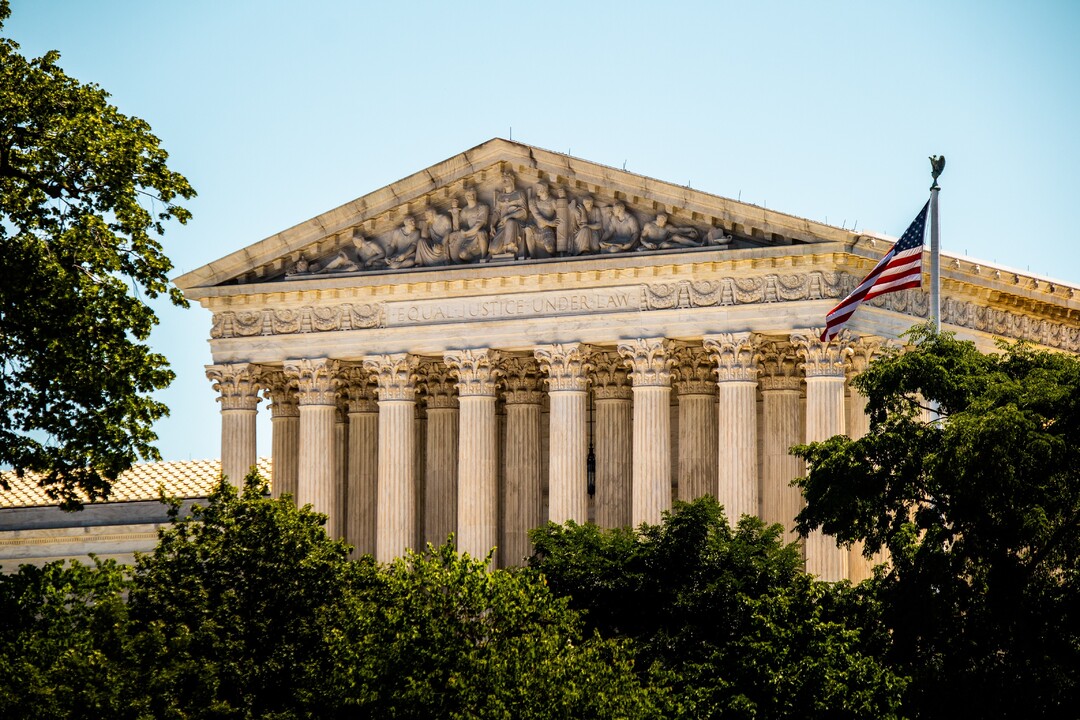I Don’t Think So: The U.S. Supreme Court Halts Discovery for Use in Foreign Private Commercial Arbitrations
1 Sep 2022

Parties engaged in international private commercial arbitration outside the United States may need to reevaluate their discovery strategy as the U.S. Supreme Court recently closed the legal avenue that allowed foreign parties to liaise directly with a U.S. court to obtain an order for discovery.
American discovery is an exceptionally broad fact-gathering practice that can require a U.S. person or entity to collect a wide-range of relevant documents, answer a formal set of written questions, and engage in pre-trial oral testimony. The sweeping quality of American discovery renders it a strategic tool for any litigation and since 1948 has also been available to foreign parties engaged in proceedings abroad when third parties in the United States held relevant documents.
The law that makes this possible is § 1782 of the U.S. Code which allows any party in a foreign proceeding to apply to a U.S. federal court for a discovery order over a U.S. entity or person. The information gathered in this process could be invaluable, helping parties not only strengthen the merits of their claims but also offer information that could become key in later enforcement considerations.
Under this law, an order for U.S. discovery can be obtained for use in “a proceeding in a foreign or international tribunal.” Whether a private commercial arbitral tribunal falls within this description has been the subject of a circuit split resulting in a patchwork of foreign litigants who have had inconsistent access to U.S. discovery. Last week, the Supreme Court resolved the debate and unanimously found that § 1782 does not apply in private commercial arbitration and is limited to proceedings before a governmental or intergovernmental adjudicative body.
What Now?
International private commercial arbitrations will continue to rise especially in light of ever-increasing cross-border activity, continuing supply-chain disruptions, and the pandemic. At the same time, § 1782 applications have been increasing over the past few years becoming a strategic and often successful tool for foreign arbitrating parties to acquire important evidence.
The Supreme Court has now curbed this trend of § 1782 applications for private commercial arbitrations with its recent decision. While foreign arbitrating parties will no longer be able to liaise with U.S. courts for a discovery order, in some ways, the Supreme Court has reinstated the aims of arbitration, which advance a swifter and more efficient dispute resolution mechanism – a goal that many would consider the antithesis of American-style discovery.
While some may be disappointed by this development, it does ensure equal access to discovery for all parties involved in foreign private commercial arbitrations. Since foreign arbitrating parties will now be limited to seeking disclosure in accordance with the presiding arbitral tribunal it is more important than ever that parties agree and understand the disclosure rules in these arbitrations.
Parties should consider:
Can you obtain the information voluntarily?
The Supreme Court’s decision does not preclude a foreign party from requesting voluntary disclosure of third party materials in the United States and § 1782 similarly allows U.S. persons or entities to voluntarily provide testimony or produce documents. While it will likely be challenging to seek documents from an adverse party, there is still an opportunity to obtain information from parties with aligned interested. For example, an insurance company investigating a customer may be willing to share information with a party bringing claims against that same customer provided that data privacy laws are adhered to. Alternatively, contracts with third parties may contain provisions that allow the terms of that agreement and any supporting documents be made available in a future arbitration should a dispute arise.
Consider arbitrating in New York?
There are many seats of arbitration with London, Singapore, Hong Kong, Paris, Geneva, and New York among the most preferred. While the domicile of the parties, jurisdiction of the underlying agreement, governing law, and reputation of the arbitration seat may inform the ultimate decision, also consider which seat provides the greatest access to material evidence. Where important evidence is located in the United States, New York may become a more attractive option. Both the Federal Arbitration Act – the U.S. federal arbitration law – and New York state law recognizes an arbitral tribunal’s authority to compel witness testimony from third parties. In addition, the parties may also decide to have the U.S. Federal Rules of Civil Procedure govern the dispute, which will also allow for a broader degree of discovery.
Is private commercial arbitration the right option for your dispute?
While private commercial arbitration boasts a number of advantages in saving time and costs, the truth is that arbitration may not be the best route for your dispute. If you expect material evidence to be held by third parties in outside your jurisdiction, then consider resolving your dispute through the traditional court system in which third party disclosure orders will remain available to you.